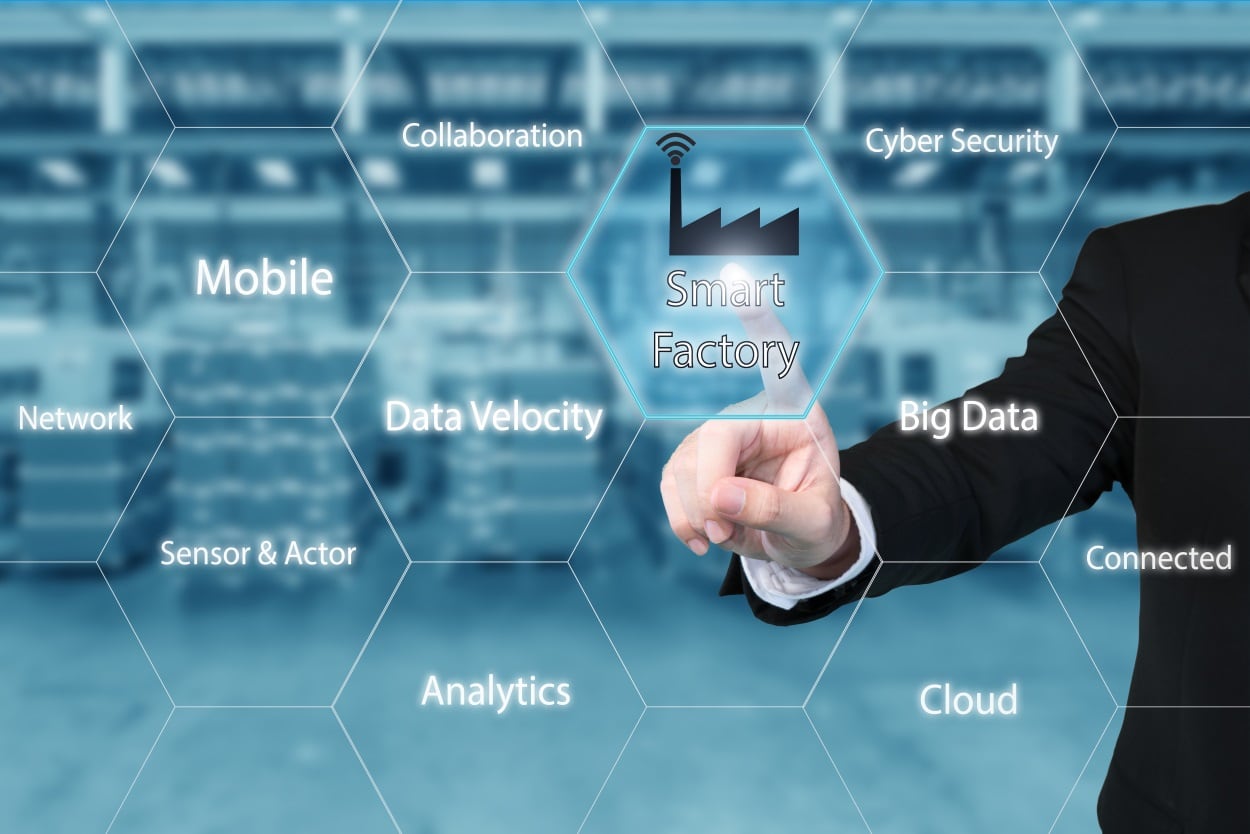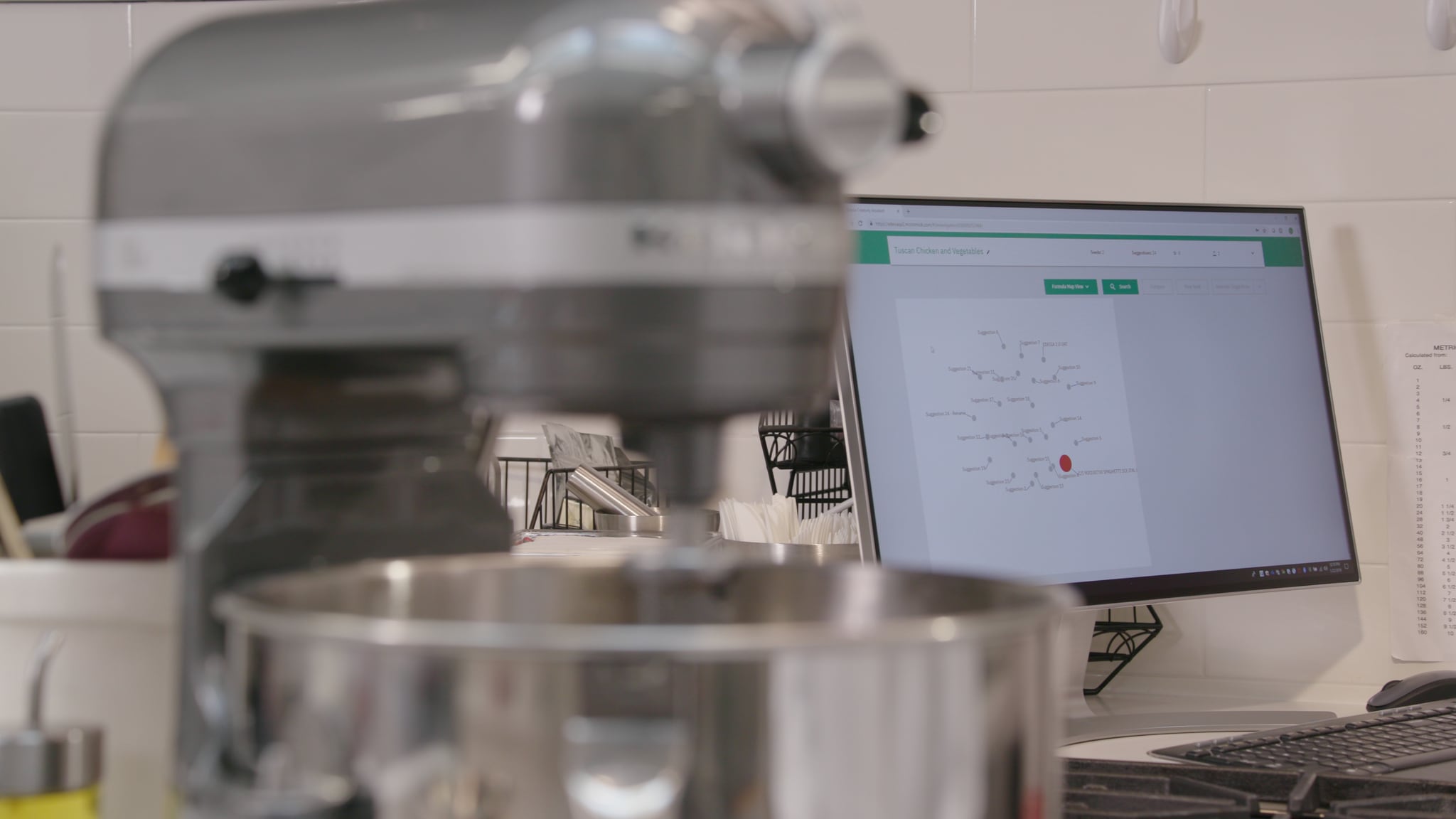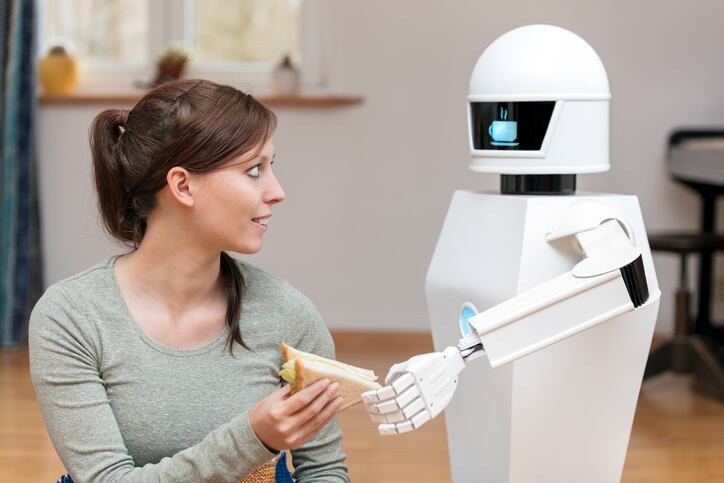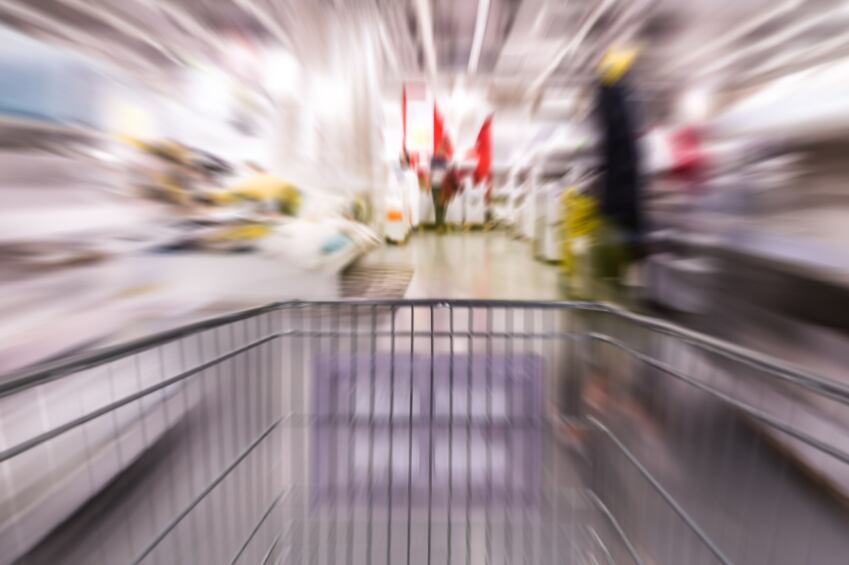Policy makers, industry and society as a whole must grapple with a “fundamental” challenge: The need to feed 10 billion people by 2050 within planetary boundaries. This issue is a “central question” and one which Swiss food group Nestlé believes it has an important role in answering, Settembri suggested.
“We do believe that the industry can be part of the solution. As Nestlé we want to be the leading company creating the transformation that is needed,” he said at a briefing in Brussels yesterday (5 February). “Working on solutions companies and society together can provide a better life and better food.”
Delivering heath through reformulation and innovation
The executive acknowledged that there is a link between producing more nutritious food “to limit or eliminate obesity” and advancing sustainability goals. “Our position is, first, we believe providing healthier diets is one key solution.”
The Kit Kat-to-Maggi manufacturer is already taking action to reformulate products, reducing the level of sugar, salt and saturated fat. To date, for instance, Nestlé has already taken 18,000 tonnes of sugar out of its products.
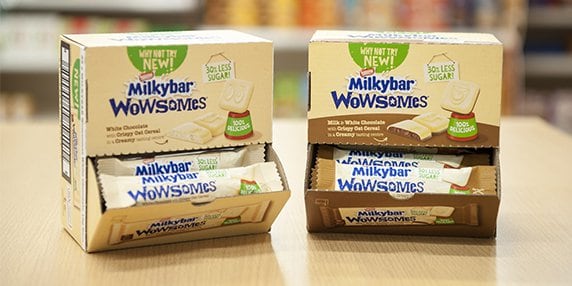
According to Settembri, Nestlé has adopted a two-pronged approach to reformulation. The group is gradually cutting the level of salt or sugar in its standard recipes to “educate the palate”. It is also looking to technological solutions for reformulation, such as the structured sugar it developed at its York R&D facility in the UK.
This advance has enabled Nestlé to develop a Milkybar with 30% less sugar, Milkybar Wowsomes, which it offers alongside the original recipe in the market. “We are learning from the UK consumer. The response is good but still people keep liking the [high] sugar products. It is again to give the choice to people,” Settembri said.
The structured sugar will now be rolled out to additional confectionery brands in other European markets, he revealed. The company also plans to launch additional low- and no-sugar Nesquick options.
Innovation efforts are also concentrated on providing more nutritionally dense products under Nestlé brands. “It is also looking at ways to get more vegetables and whole grains into people’s diets,” Settembri continued.
The company has launched a pan-European plant-based protein brand, Garden Gourmet, and is preparing to launch a plant-based Incredible Burger next month. According to Settembri, it is a “fantastic” plant-based product that offers the same mouth feel as meat.
Nestlé is also transitioning its brands towards organic. This comes in response to growing consumer demand for organic products in Europe – and it also furthers Nestlé’s ambition to reduce its impact on the environment.
Supply chain cooperation for zero impact
The drive towards organic production has some clear wins in terms of the environmental impact of food production Settembri said, highlighting the positive consequences not using fertilisers and chemicals has on soil health.
Nestlé is working towards “zero environmental impact” in its operations – and to achieve this the company works closely with its suppliers, partnering with agricultural producers.
“We have lots of suppliers… in that sense we can impact agriculture because what we ask the farmers should give us.”

Nestlé supports its suppliers to transition to more environmentally-friendly production through the introduction of new technologies in its supply chain, Settembri continued. “With the help of block chain we are creating an ecosystem with our suppliers in order to create total traceability and certainty. We can track the supply chain and know exactly what is happening to our farmers, our raw material and at the end of the day our products.”
The transition to sustainable food production will not happen overnight, but Nestlé wants to ensure it plays its part. “What is required to transition the food supply chain in a more sustainable way is something that cannot be done in one step… But I can assure you that we are determined to be the leading factor in this transformation.”
Another important area that Nestlé is working on is packaging. With 1.2 billion Nestlé products consumed every day, the company believes its contribution can shift the needle on plastic pollution.
Here, Nestlé must walk a line between tackling plastic pollution and maintaining the functional benefits of plastic – such as food safety, quality and food waste reduction. The company believes the answer is a combination of improved recycling rates and developing new materials that can replace plastics.
The company is investing in R&D in the field and recently established the Institute of Packaging Science. “We need more science, more research, in packaging. We believe we can do a lot inside the company, but also with start-ups, R&D centers at universities… We see many ideas that are already being screened,” Settembri revealed.
“Our aim is to have a strong commitment that all our packaging is enviro friendly and will not go to landfill in the future,” the EMEA chief explained. By 2025, the company has said it will phase out all packaging that is not recyclable. Settembri said he is “optimistic” this goal will be reached.
'Personalisation is the future'
Looking to future food and nutrition innovation, Settembri said Nestlé is focused on leveraging new technologies to deliver what he believes will come to shape innovation: personalisation.
“Specificity, pleasing the consumer, personalisation is becoming huge,” he said. To deliver true personalisation, the industry needs to move beyond segmentation. “What you want, how you want it. That is the future,” Settembri predicted.
Nestlé is already working on how – as a mass market company – it can meet the needs of consumers on an individual level. And here, the group is learning from a UK pet food start-up it acquired, Tails.com. The pet food supplier delivers a monthly diet tailored for individual dogs based on data such as age, breed and weight.
“We are already working with new tech. We are working on personalisation already,” Settembri said. “Tech will help us enormously in the future to give you exactly what you want. How you want. With the taste that you want and the shape that you want.
“3D printing can help a lot in that sense. We are investing a lot in [examining] what would be the 3D printing effect on our different categories. We do believe that personalisation is the future.”
But for personalisation to be Nestlé’s future, the company needs to work out how to make it profitable. “The real challenge is to move from mass responses, to individualised responses and in the last mile in personalised responses. How we can do it in an economic way that is the challenge. In pet, we have found a way in Tails. That is giving something we could apply in our other categories. It is not the case today, but you can imagine the cross category work we could do.
“The leveraging cross category the learnings we have in pet food, the opportunity is huge.”

